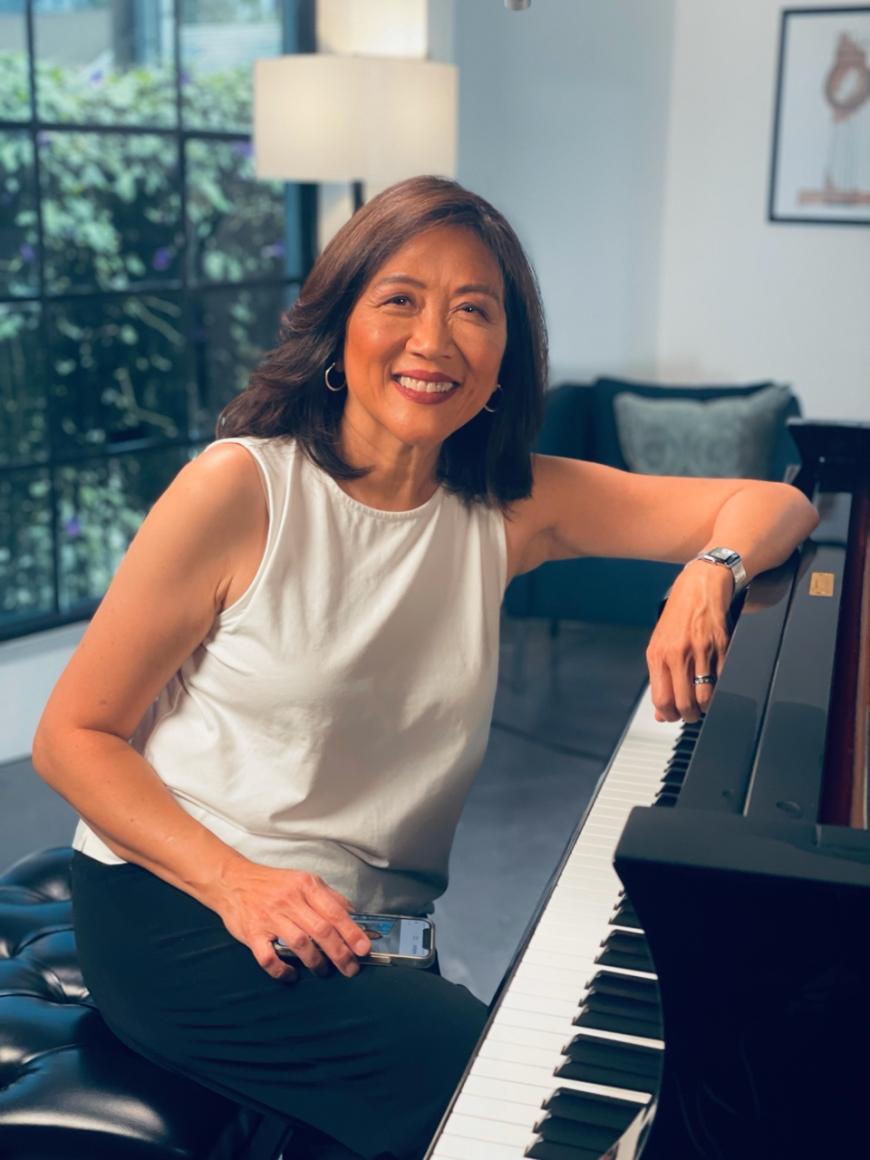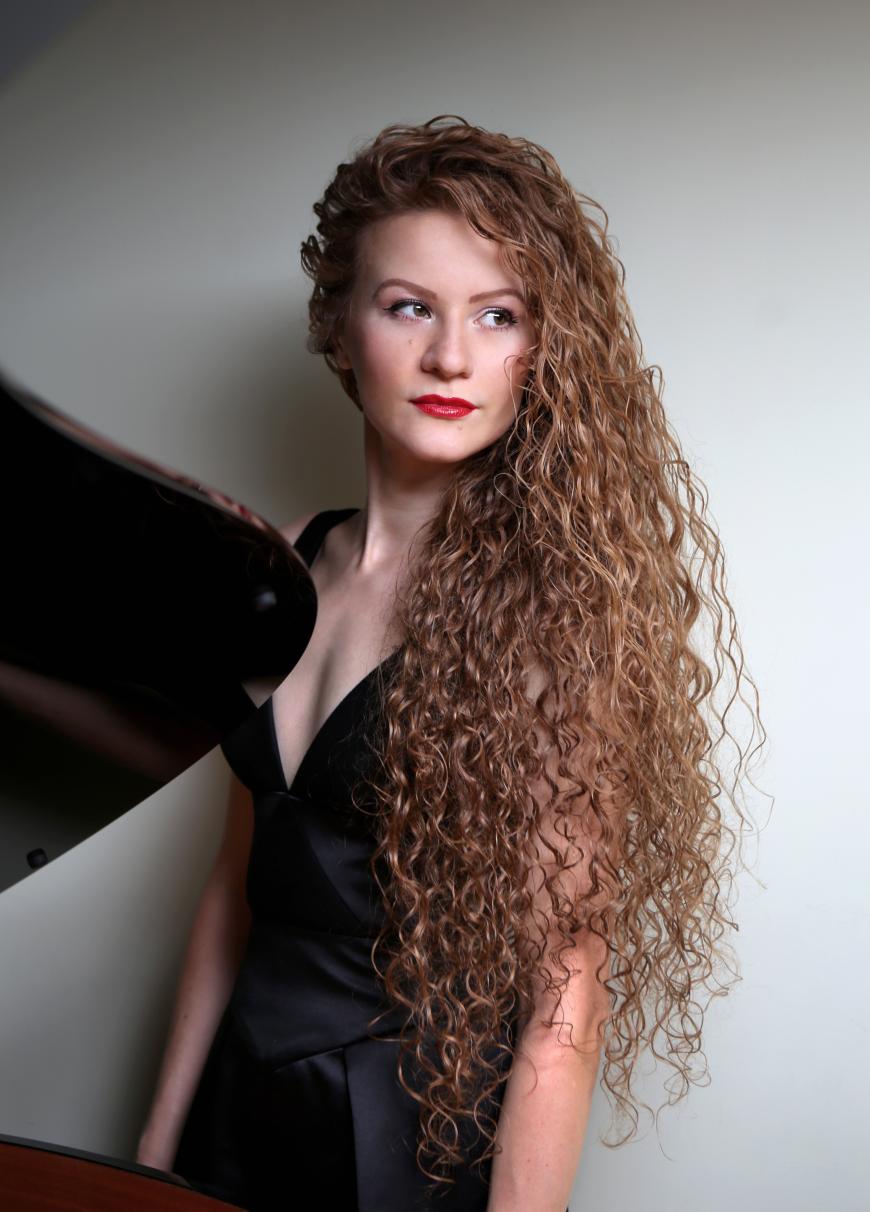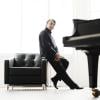
Are you missing the sights and sounds of Paris now that the Olympics are over? Well, the seventh annual San Francisco International Piano Festival is providing a timely opportunity to luxuriate in the ambience of France.
The festival, which takes place Friday, Aug. 23, through Sept. 1 at a variety of San Francisco venues, is embarking on a deep dive into French music, focusing on Gabriel Fauré this year, the centenary of the composer’s death. Solo piano recitals will be interspersed with vocal performances and chamber music, performed by a melange of Bay Area favorites and internationally recognized artists.
Jeffrey LaDeur, the festival’s founder and artistic director, said his goal is “eclecticism, flexibility, and intergenerational mixing through both concerts and master classes. That mix is a recipe for a lot of great music.”

For performers, Fauré’s keyboard music presents as many challenges as an Olympic racecourse.
“When you try to learn Fauré’s music, it’s like your GPS is completely scrambled,” said Gwendolyn Mok, coordinator of keyboard studies at San Jose State University and a veteran of the festival who plans to play three of the composer’s solo works on opening night at Old First Church, a performance that will also be livestreamed.
“As I was working on the Ballade [in F-Sharp Major, Op. 19], I thought, ‘This is physically unplayable.’ Fauré gave it to [Franz] Liszt to sight-read, and [Liszt] said, ‘I can’t play this. I have run out of fingers.’”
So Mok came up with a way to incentivize the challenge.
“I started eating chocolate,” she said with a laugh. “A friend of mine in the New York Philharmonic brought me some mini Toblerones. Every day, I’d put them on the table in front of me. Every time I mastered a section, I’d eat one. At some point, I thought, ‘I can’t keep doing this, or by the time of the festival, I’ll weigh 200 pounds.’”
LaDeur is thrilled that Mok took up the challenge.
“Fauré’s piano music is unjustly neglected,” he said. “I think he had courage and patience as a composer. He goes into corners of emotional and psychological territory that some other composers don’t.”
“Some French friends told me they feel he is the most French of French composers,” Mok added. “I don’t think anyone can replicate Fauré’s unique language.”
Other programs during the festival, however, will veer away from France. Pianist and composer Stephen Prutsman, a visiting artist at Stanford University, is expected to be joined on Aug. 30 by the Telegraph Quartet for Robert Schumann’s well-known Piano Quintet. A movie screen will then be set up, and Prutsman will perform his original score to the silent 1924 Buster Keaton comedy Sherlock Jr.

There will also be the San Francisco recital debut of pianist and composer Asiya Korepanova. A native of Russia who now lives outside Boston, Korepanova is slated to play a program on Sunday, Aug. 25, that consists entirely of her own arrangements of chamber and orchestral works. Among them are solo piano versions of two major pieces for cello and piano: Fauré’s Élégie, Op. 24, and Sergei Rachmaninoff’s Cello Sonata, Op. 19.
“I wanted to own the work,” Korepanova said of the latter piece. “I have a vision of how I think it should sound that is unobtainable with a cellist partner, primarily because of a balance problem. As a genius pianist, Rachmaninoff put a lot into that piano part. The transcription allowed me to bring out different things.
“I have had a number of cellist colleagues hear me play it and say it works really well. I still enjoy playing the piece with cellists, but I need to remind myself not to accidentally play their lines.”
Transcriptions for piano are generally thought of as a 19th-century art. They were extremely valuable in the era before recordings in that they gave audiences a chance to hear pieces they wouldn’t otherwise have had access to.
Korepanova argues transcriptions still can play that role. She noted her upcoming recital will include her arrangements of seldom-heard art songs by Tchaikovsky and American composer Amy Beach, small masterpieces that deserve to be heard more widely, she said.
Korepanova added that transcribing a piece is surprisingly similar to conducting an orchestra. In both roles, the artist must decide which voices to highlight and which to keep in the background at any given moment.
“That,” she noted, “is how we get different interpretations.
For the full schedule of festival events, go to the SF International Piano Festival’s website.
This story was first published in Datebook in partnership with the San Francisco Chronicle.




